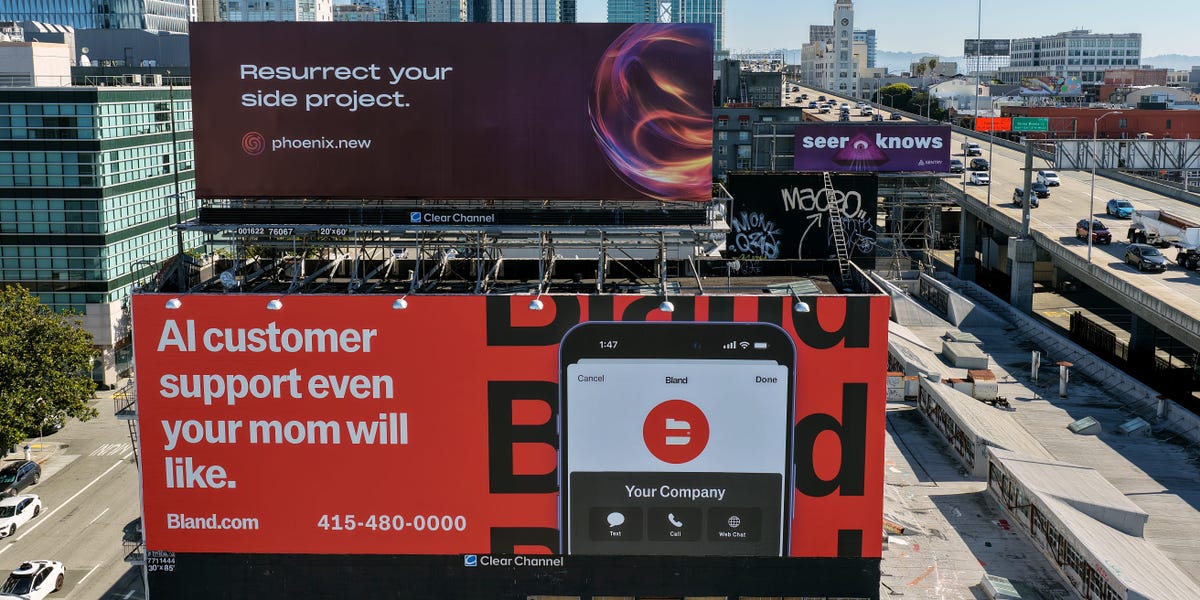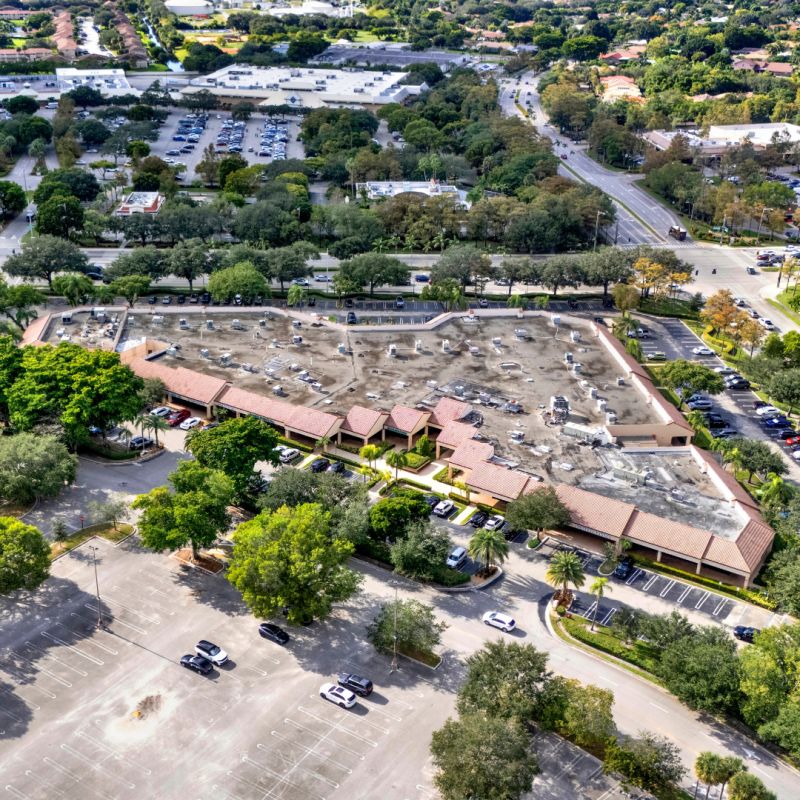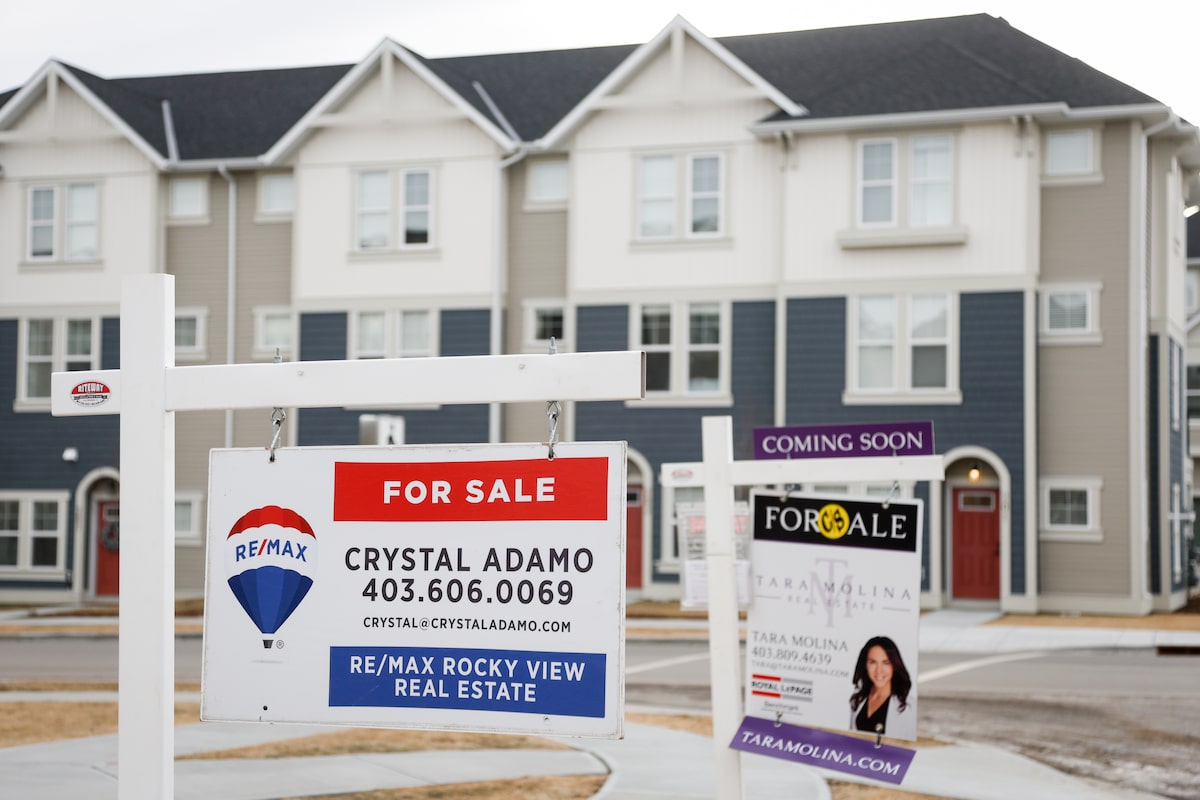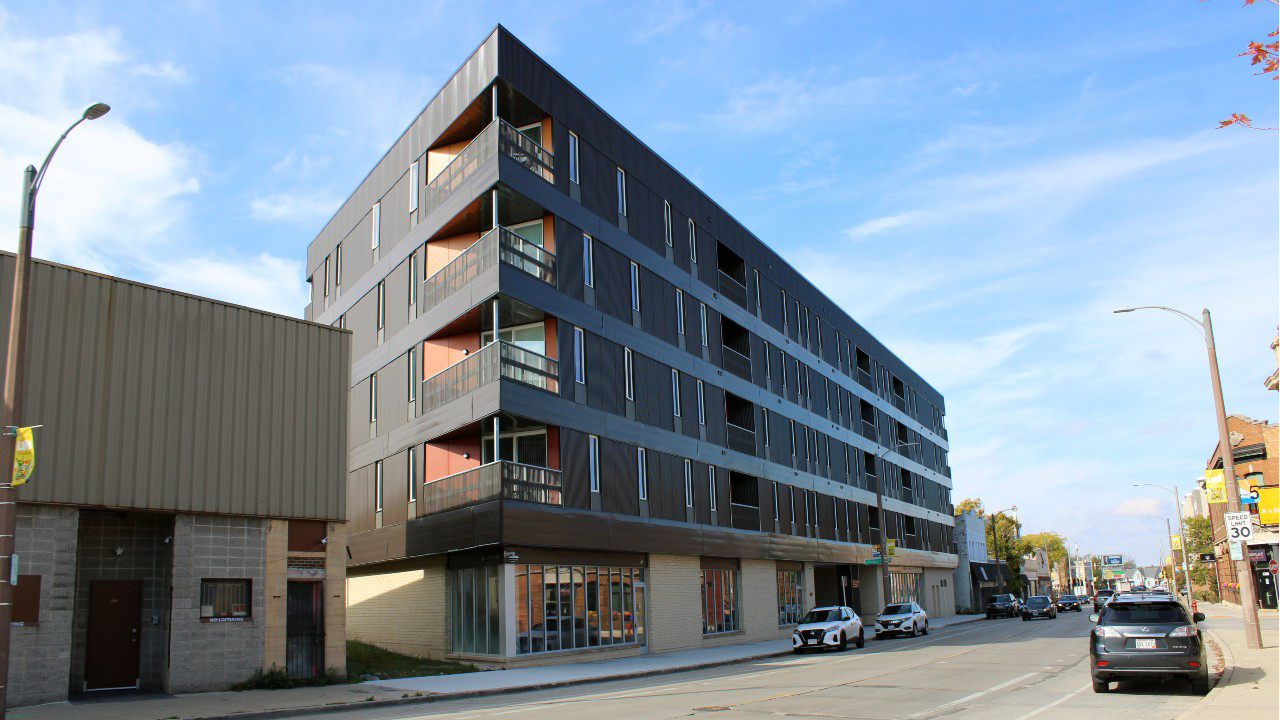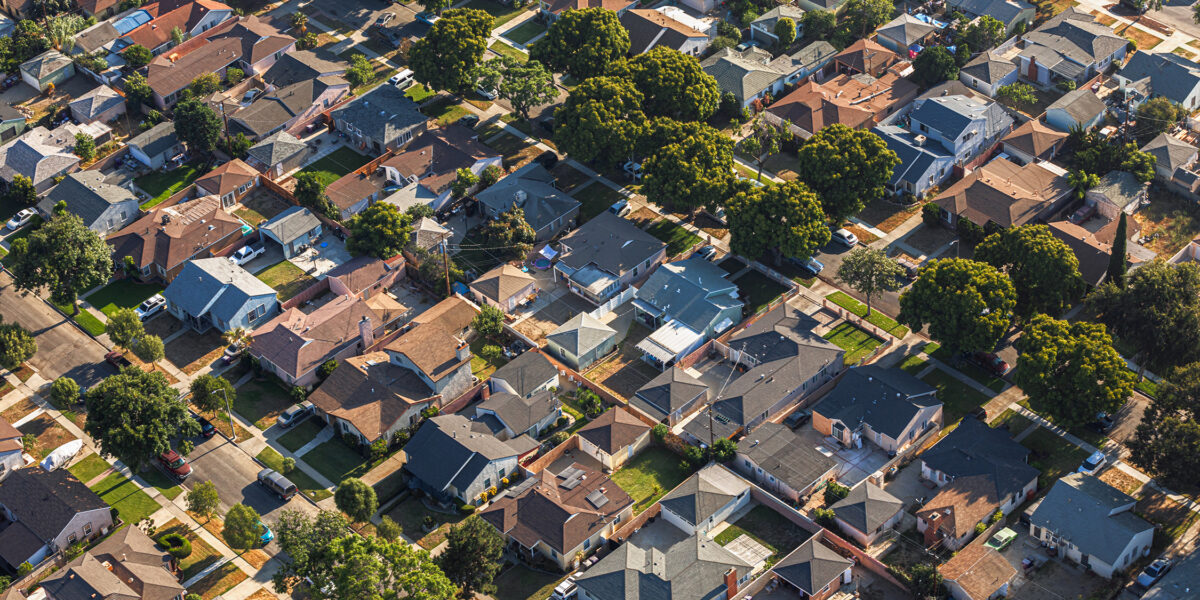S
AN FRANCISCO, CALIFORNIA – BILLBOARDS ARE THE NEW FACE OF AI STARTUPS
After closing a seed round, Kahlil Lalji of the AI payments firm Natural immediately set his sights on a San Francisco billboard. “If you want billboard space you have to wait six to nine months,” he said. “Prime spots around Y Combinator’s Dogpatch or Jackson Square are already sold through 2026, and there’s no clear date for when I could get them.” The rush is driven by the AI boom, which has turned low‑tech billboards on I‑280 and I‑101 into high‑value real estate. Clear Channel Outdoor cites San Francisco as a key driver of its U.S. revenue growth, and rates are climbing—some locations expect a 40 % increase next year.
The market has flipped from discounting unsold inventory to hoarding. “When space opens, I get a call to pay top dollar and must decide in less than 24 hours or a competitor will snap it up,” says Keith Messick, Vercel’s chief marketing officer. “Most people are trying to lock them down for as long as possible.” Outfront Media’s sales director, Michael Marvin, notes that “prime inventory” from the airport to downtown is sold out for the next year. The upcoming Super Bowl and World Cup are adding to the pressure, as larger brands seek the same high‑visibility spots.
Billboards have become a brand‑building tool that feels more like consumer marketing than enterprise advertising. Vanta’s playful “Compliance that doesn’t SOC 2 much” billboard sparked conversation, while Vercel’s “~/ npm i ai” line of code grabbed attention. Terrence Rohan, an early Vanta investor, says clever, memorable billboards “are effective when you’re clever and memorable.” With $35.7 billion poured into AI startups last quarter, differentiation is critical. “Having a memorable billboard is one of the ways founders can build their brands,” says Abstract VC’s Anthony Heckman.
Beyond marketing, billboards signal success. “If someone has a lot of billboards, they’re doing really well,” Messick observes. A strong physical presence also helps when hiring is fierce. Ray Wu, managing partner at Alumni Ventures, notes that a visible billboard can lend legitimacy in a talent‑rich Bay Area. For a company like Natural, spending $250,000 on billboards could be justified if it secures just 100 customers, given the high lifetime value in payments.
Designing a billboard that stands out remains the toughest part. Mercury’s Heather MacKinnon warns that “black and white billboards all saying something about AI that all blend together” won’t do much beyond make founders happy when they drive by. Some see the flood of billboards as a vanity project, but others argue they can spark the right conversations. “If it starts the right conversations, great,” says Ashu Garg, Foundation Capital partner. “If not, the founders just paid for a giant selfie.”
